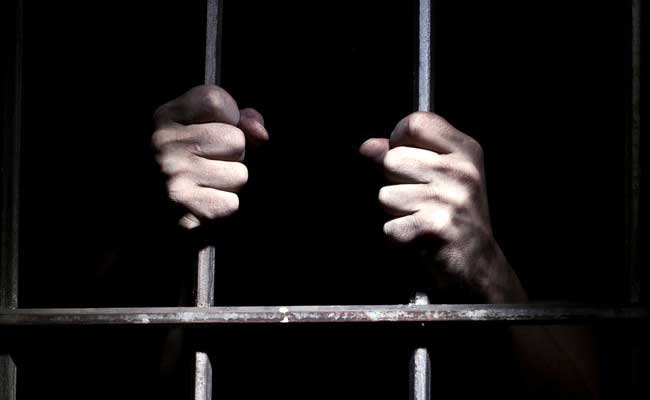UK
HMP Hewell – 70% of Prisoners Reported Problems With Their Mental Health

Inspectors returned to Hewell in August 2020 for a scrutiny visit (SV) – designed by HMI Prisons to assess the recovery of prisons from severe early COVID-19 restrictions. Peter Clarke, HM Chief Inspector of Prisons, said that some findings were a concern: Almost a third of prisoners felt unsafe. In part, these perceptions reflected the lack of consistent attention to social distancing, but violence remained comparatively high, particularly against staff, and Hewell “could not be considered a safe prison:Care for particularly vulnerable prisoners was good but many still felt that they were not supported at their time of need: Though the severely curtailed regime at the start of the restrictions was understandable “there had been little progress in ensuring that prisoners had sufficient time out of cell or purposeful activity. This contributed to prisoners’ frustration and potentially to a deterioration in mental and emotional well-being,” Mr Clarke said. “Prison leaders at both local and national level should take note of the fact that 70% of the prisoners we surveyed at Hewell reported problems with their mental health. One hour out of cell each day was simply not enough. The small number of prisoners with symptoms who were isolating could not have a shower regularly and sometimes had to wait for up to 14 days to do so. Some prisoners with impaired mobility had not had time in the fresh air for weeks and experienced particular difficulty in accessing showers regularly. This was wholly unacceptable.
Efforts had been made to ensure that prisoners could maintain some contact with their families in the absence of visits. In-cell telephones were greatly appreciated by prisoners. The reintroduction of visits had been a priority for the prison after nearly five months without any and this was also valued by prisoners. Mr Clarke noted that a new governor had arrived five weeks before the visit and had increased time out of cell from half an hour to an hour, opened a workshop for a small number of prisoners and introduced an outside exercise session for all prisoners once a week. Yet many workshops remained empty, classroom-based education was still not permitted and only 14% of prisoners were employed.
Overall, Mr Clarke said: “While we are acutely aware of the need to ease restrictions in a safe and measured way, we felt that progress had been too slow and the restrictions in place were no longer proportionate. Additional improvements could be made by the governor, but further progress was limited by rigid national procedures which prevented a creative leadership team from implementing credible and safe plans to improve the regime. The governor was realistic about the significant challenges that lay ahead. He described an optimistic vision for Hewell of delivering a more person-centred, purposeful and rehabilitative regime within the constraints of running a busy local prison The initial stages of the COVID-19 crisis had been managed well, and the challenge now will be to secure, as quickly as possible, a recovery plan that will enable the prison to fulfil its role safely and decently.”
Read the full report, HMCIP, https://is.gd/DCLNpo





